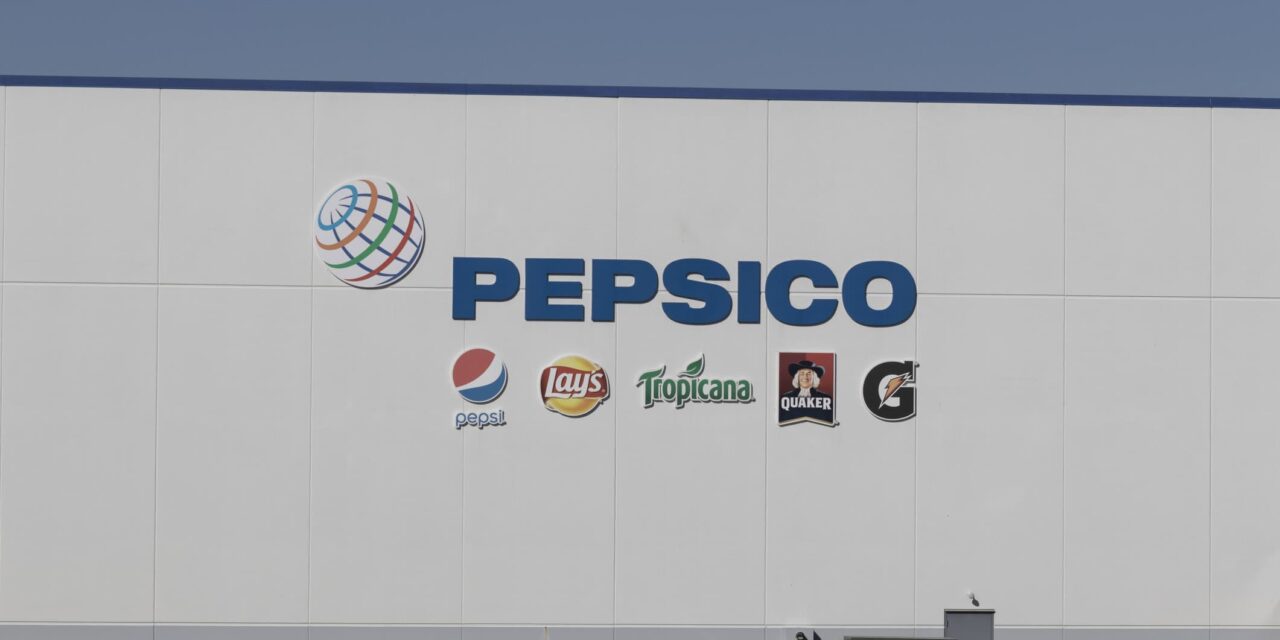iStock.com/jetcityimage
By Dennis Limmer
Source: retailwire.com, October 2024
PepsiCo’s recent acquisition of Siete Foods has raised interest and concerns in the market. As the company looks to expand its healthier offerings, questions linger about the potential impact on Siete’s brand. What might this deal mean for both companies moving forward?
PepsiCo Inc. announced its acquisition of Siete Foods, known for its Mexican-American culinary products, for $1.2 billion on Oct. 1, 2024. This move aims to enhance PepsiCo’s offerings in the better-for-you food segment and expand its multicultural portfolio.
Similar to many food companies, it seems that PepsiCo has been working to diversify its portfolio by incorporating healthier options in recent years, often achieved through acquisitions. Recent additions to its lineup include Health Warrior, Bare Snacks, and PopCorners, according to NBC News.
Founded in 2014, Siete Foods produces a variety of heritage-inspired items, such as tortillas, salsas, and snacks, widely available in U.S. grocery and organic stores. Siete also offers various products advertised as being healthy, grain-free, and consumable by those with strict diets, an example being their range of gluten-free products. The acquisition will not only broaden PepsiCo’s product range but also introduce more authentic flavors to its offerings.
The deal is pending regulatory approvals and is expected to finalize in the first half of 2025.
According to Food Dive, as consumers increasingly gravitate toward healthier products, Siete is poised to greatly benefit. Adding Siete to PepsiCo’s portfolio not only strengthens its lineup of healthy options but also enables the company to capitalize on the rising demand for culturally authentic products. Datassential reports that Mexican food is ranked as the third most popular cuisine in the U.S., and it is especially gaining traction among younger adults.
Per Kavout, “Industry analysts generally view PepsiCo’s potential acquisition of Siete Foods as a positive strategic move.” This procurement aligns with larger market trends and positions PepsiCo to take advantage of the increasing demand for health-oriented products. Analysts have also pointed out the “potential for synergies between PepsiCo’s extensive distribution network and Siete Foods’ innovative product line, which could drive sales growth and enhance market penetration.”
The consumer side of things could potentially tell a different story. It seems that the majority of users on a Reddit thread have expressed disappointment or concern with the acquisition. Overall, they worry that the quality of Siete Foods will decline once PepsiCo takes over the brand.
One user commented, “I’m struggling to remember any ‘healthier food company’ getting acquired by a bigger one, that managed to maintain the high quality or ‘healthy’ bits that made the original company famous.” Another predicted, “Bad quality incoming. Prices will be adjusted higher as an extra smack in the face for people who buy these.”
In a similar move, Mars, Incorporated announced in August a definitive agreement to acquire Kellanova, whose portfolio includes brands like Cheez-It, Pringles, and Eggo.
Mars has acquired many other brands as well, including KIND in 2020. At the time, the brand explained how “as a result of the partnership, KIND has expanded into more than 35 countries (including China, Germany and France) and into eight total categories (including frozen and refrigerated), and has launched new products such as KIND Bark, KIND Frozen Bars and KIND Smoothie Bowls.”

